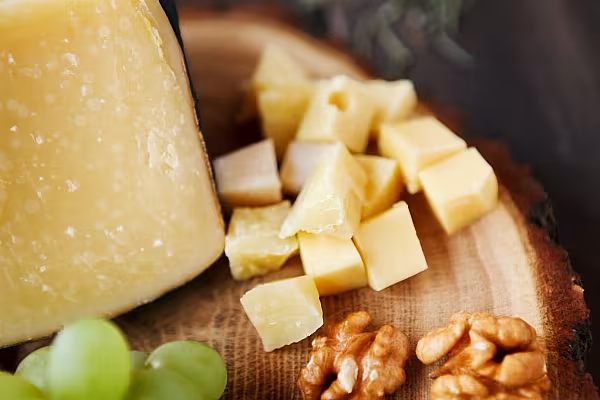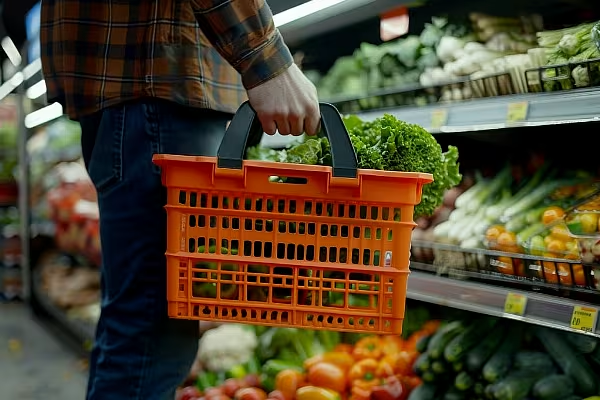Researchers at the University of Göttingen have found that a large proportion of German consumers are more open to trying alternative cheese products.
In a study published in the international journal Future Foods, which was undertaken alongside LI Food – Landesinitiative Ernährungswirtschaft Niedersachsen and the German Institute of Food Technologies (DIL), researchers explored how various information aspects affected the acceptance of cheese produced through non-dairy means, i.e. through precision fermentation.
Precision Fermentation
Precision fermentation involves the production of egg and milk proteins using bacteria, yeasts, or other fungi, aiming to replicate the flavour and texture of traditional dairy products. Proponents of this technology believe it could lead to more sustainable food production, utilising fewer resources to create nutrient-rich proteins.
It found that the level of information on the production process of said cheeses provided has only a minor influence on whether consumers would be willing to try them, noting that references to the technological genetic modification of the microorganisms required for the production process leads to a lower willingness to try.
Factors that had a positive influence on consumer willingness to try alternative cheeses included messaging around the positive effect on the environment, along with animal welfare messaging. However, when consumers are informed about the potential loss of income that farmers could experience as a result of these technology, it had a negative impact.
'Benefits And Quality'
“Our study shows that consumers in Germany are open to cheese from precision fermentation if they are informed about the benefits and high quality of the product," commented Dr Sarah Kühl, chair for marketing for Food and Agricultural Products at the University of Göttingen, lead author on the project.
"However, it is important to design the communication carefully to address concerns about the impact on traditional agriculture."











